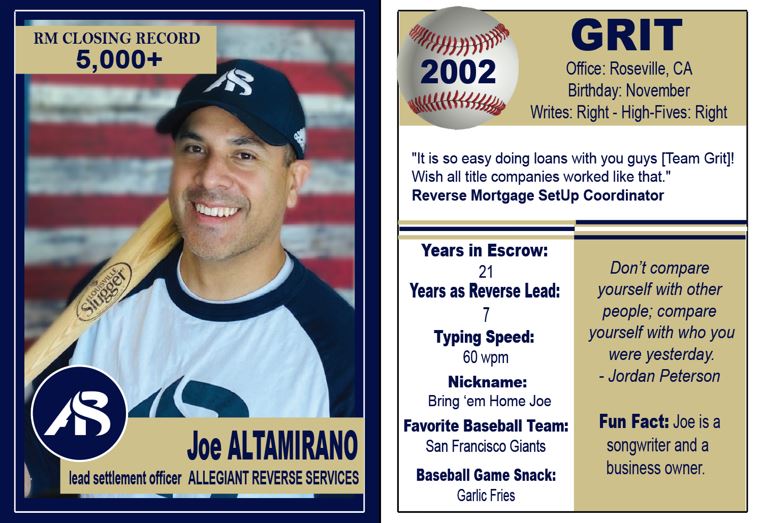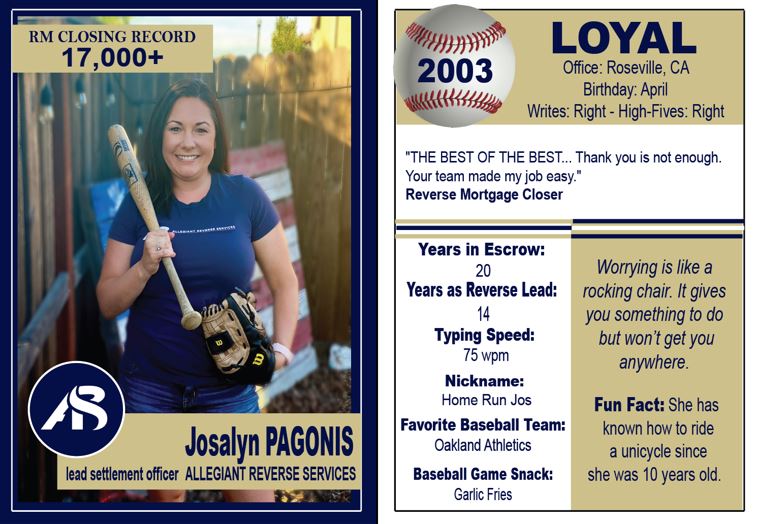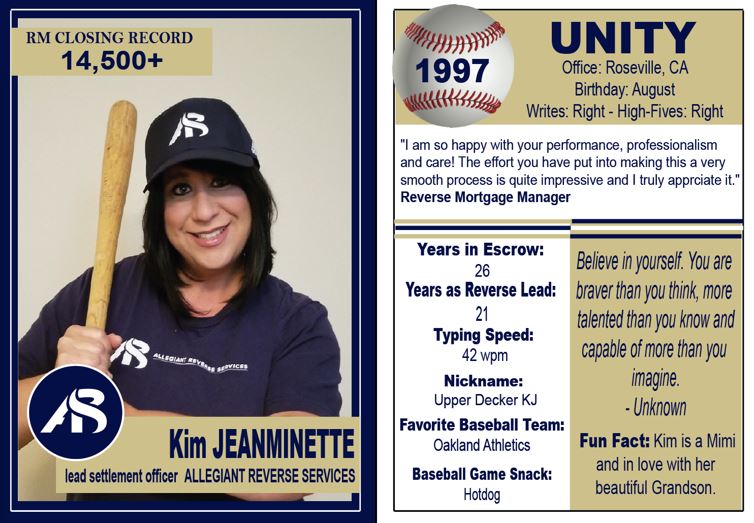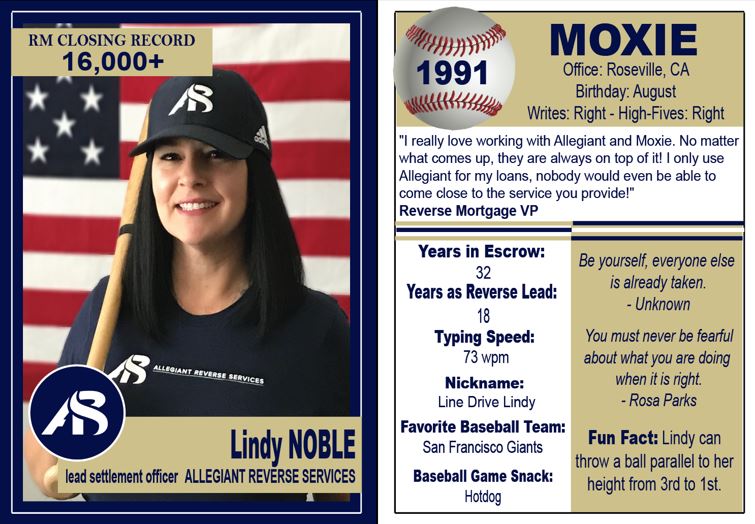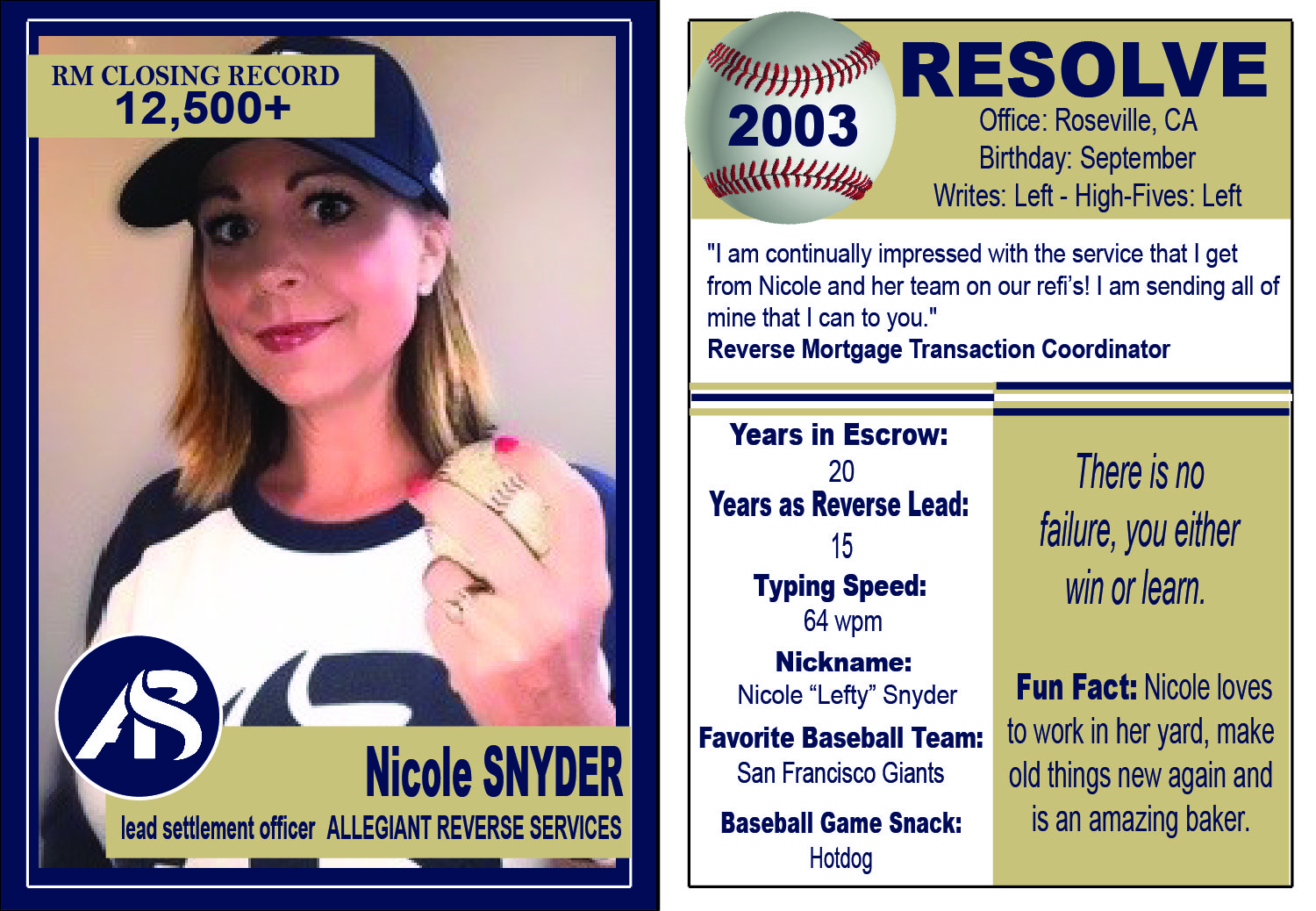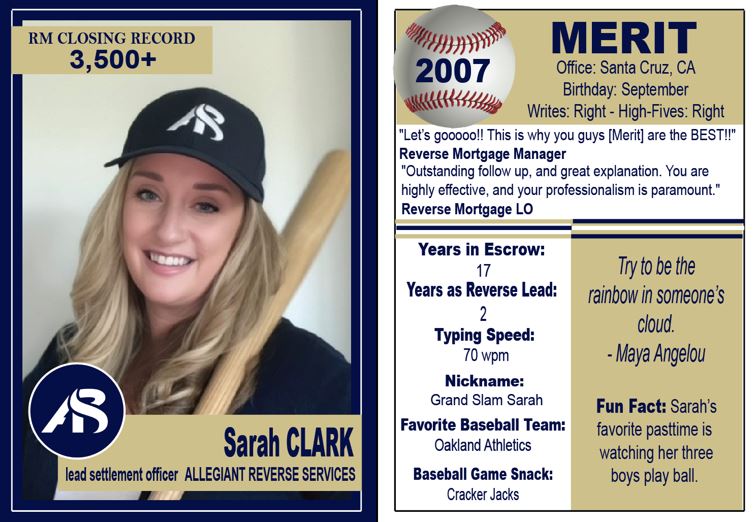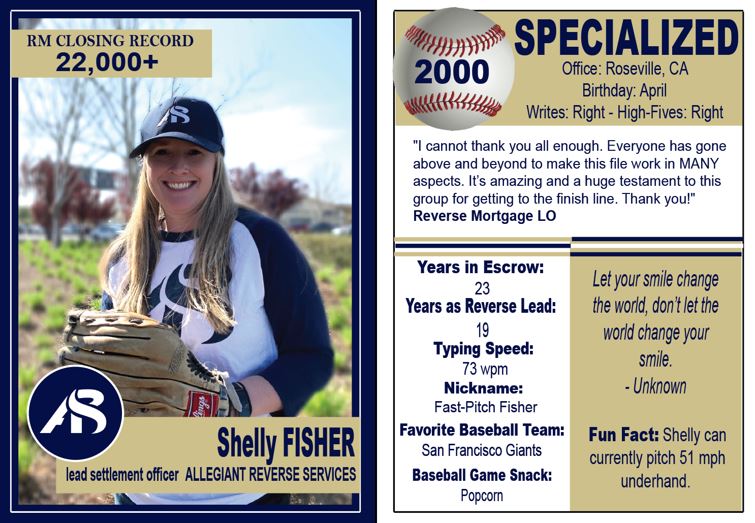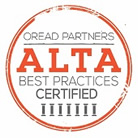Title Tale: Title Tips for Trusts
Instead of Title Tales this month, how about Title Tips? Specifically, Title Tips for Trusts (say that ten times fast and see where your tongue ends up!).
ARS specializes in reverse mortgages, and for obvious reasons there are many more trusts to review in proportion to orders than for any other loan type. They keep all of us busy. Lenders, lenders’ attorneys, and the title company. Anything we all can do to reduce the amount of correction requests going back and forth between the parties would be welcome, I’m sure, and I have a suggestion that may reduce the back and forth. In fact, it already has for one of our clients, and I suspect it will work for you as well.
There are three parties in the transaction who comment on vesting: the title company, the lender’s attorney, and the trust. The trust controls if it requires a certain vesting, but we don’t run into that very often. What we do experience, however, are deeds required by the lender to change vesting for relatively small matters. Let’s start with a vesting sample from a deed: “John Q. Public, Trustee of the John Q. Public Trust established April 15, 2010.” You’ve probably already guessed where the issue lies; it’s with the word established. A word which pretty much means the same thing as dated. And there’s the rub. Most attorneys if left to their own devices would use the word dated. Normally, we would approve the trust with the current vesting, and inevitably be asked to draft a deed to change established to dated, because that is the vesting on the lender’s attorney opinion letter (AOL). Now, I think we can all agree the change of terminology is unnecessary, but loan officers are rightfully instructed that vesting on the title company’s trust approval must exactly match the vesting in the AOL. That’s for a good reason, obviously. Loan officers have enough to worry about with the loan; they aren’t attorneys, they aren’t title experts, and they shouldn’t be expected to make decisions about vesting in a trust and whether a deed is required. So, there might be some communication between ARS and the loan officer, but in the end, we will most likely amend the trust approval and the commitment and draft and record a deed to change just one word.
In the above example, we issued the commitment, we approved the trust, and we did not require a deed. Then we receive the AOL to review. Uh-oh, right? We look at it, and it says established! Which is weird, because that’s not the usual way of designating the date the trust was created. We were prepared to ask the loan officer if a deed was required by the lender, be told yes, then amend the trust approval to require a deed. Much to our surprise, the attorney didn’t get the memo, and used the rather quaint established as opposed to dated in her required vesting. No emails and no corrections were necessary. How did that happen?
The attorney who prepared the AOL was provided with at least a copy of the title commitment, noted the current vesting, and was fine with it. She knew there was no reason to require a deed to change the vesting. That leads to our Title Tip for Trusts: share. Share as much as you have with your title company and your attorney. If the loan officer requests approval from the title company first, share a copy of that trust approval and commitment with the attorney. If you receive the AOL before requesting title company approval, share a copy of the AOL with the title company. As someone who looks at thirty to forty trusts every week, this author can attest that getting the AOL along with the approval request is gold. I have a feeling attorneys feel the same way if they get copies of the commitment and the title company’s approval. Such steps aren’t always possible, but when they are it can help eliminate further work down the road (usually near the closing date when you’re at your busiest)), and it often results in the borrower not having to pay for the costs of a deed that isn’t necessary.
And who doesn’t want to save themselves time and the borrower money?


